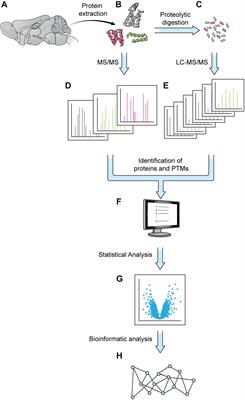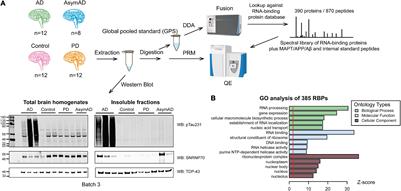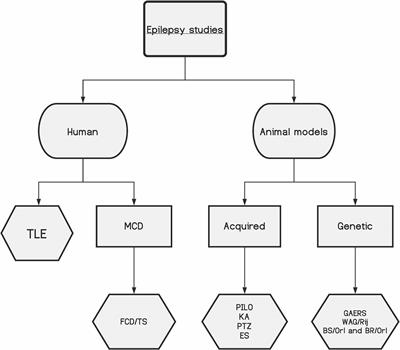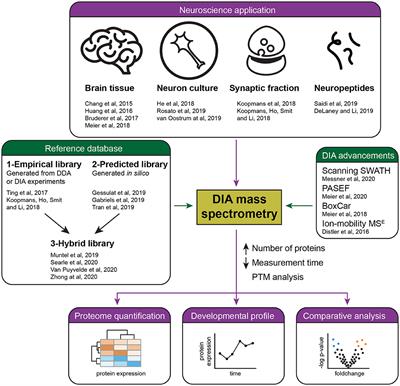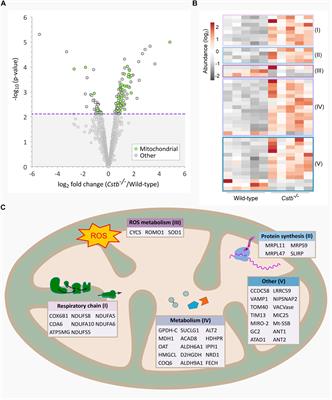ORIGINAL RESEARCH
Published on 17 Jun 2021
Broad Influence of Mutant Ataxin-3 on the Proteome of the Adult Brain, Young Neurons, and Axons Reveals Central Molecular Processes and Biomarkers in SCA3/MJD Using Knock-In Mouse Model
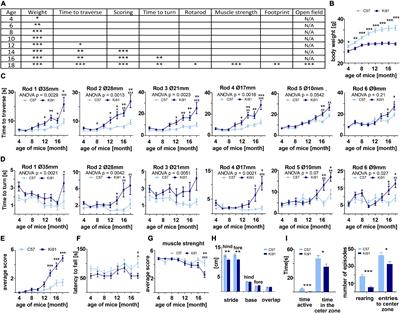
doi 10.3389/fnmol.2021.658339
- 7,572 views
- 9 citations


